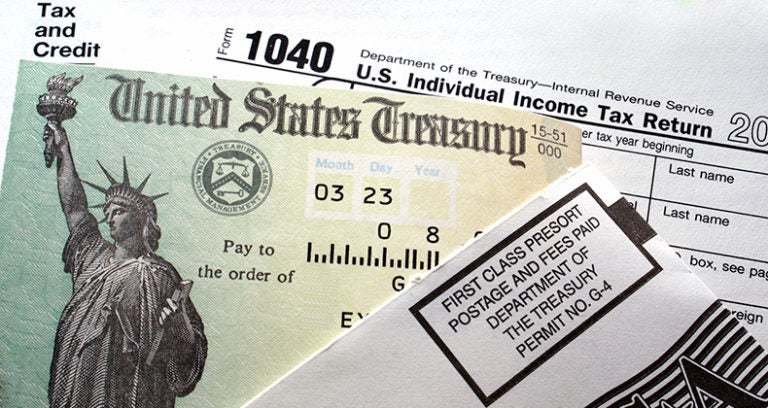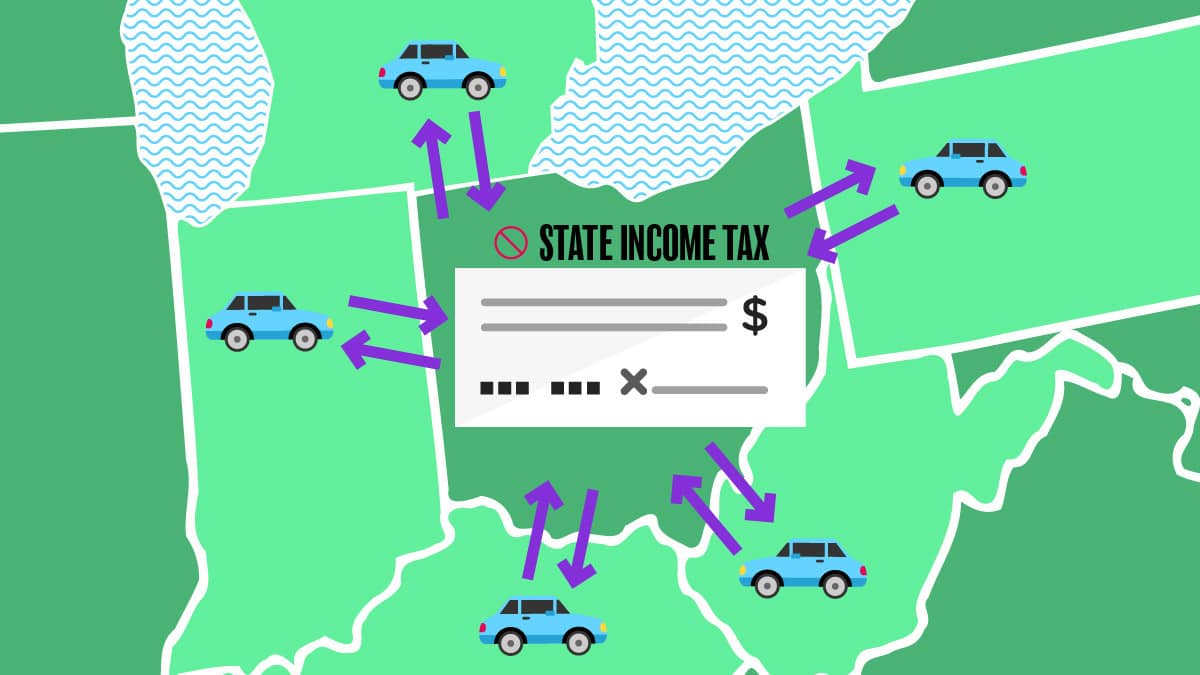

#Nj tax refund status 2017 professional
Talk with a tax professional and the co-owners of your pass-through entity about this law. Should you make the election for 2020? Does the group of owners agree? Since 2020 is the first year this option is available, taxpayers won’t be penalized for failing to file or make estimated tax payments this year. This law is effective for tax years beginning on or after January 1, 2020. Let’s say you file as married filing jointly and your New Jersey income tax rate is 6.37%. You’ll also pay tax on your share of distributive proceeds you earned from the business.įinally, you’ll apply your tax rate to your share of distributive proceeds – $125,000. Since you have a 25% stake in the business, you’ll receive a refundable tax credit. The entity pays a total of $30,487.50 of income tax to the state. Here’s what the business will pay in taxes.įor the first $250,000 of distributive proceeds:

The sum of the shareholders’ distributive proceeds is $500,000. Of course! Let’s say you’re a New Jersey resident and you’re a 25% shareholder in an S corporation.Īll shareholders agree to have the entity pay tax.

Distributive proceeds are synonymous with the entity’s total income.Īlso, the entity must annually report each member’s share of distributive proceeds for the taxable year. The following table outlines the tax the entity must pay based on the sum of the partners’ distributive proceeds. The company’s tax is based on the sum of each partner’s distributive proceeds which include:Īll distributive proceeds must be derived from or connected with sources within New Jersey. Then, the owners or a member who has the authority to make the election for all members must make the election annually by March 15, the entity’s return due date. What happens if an entity makes this election?įirst, all owners must agree to make the election. Single-member LLCs, sole proprietorships, and entities with no income aren’t eligible for this election. How does New Jersey define pass-through entities?Ī pass-through entity is a partnership, an S corporation, or a limited liability company (LLC) with at least one member who is liable for tax on distributive proceeds pursuant to the New Jersey Gross Income Tax Act. If they receive an excess credit, they can carry it forward for 20 years. In addition, owners can claim a refundable credit for their share of the tax paid on their personal return.

If the owners frequently exceed the $10,000 deduction limit, they may want to shift the tax responsibility to the entity so they benefit from a greater deduction and more tax savings on their personal federal income tax return. If they benefit from the entity paying New Jersey income tax and it helps them avoid the $10,000 deduction limit, they may want the entity to pay the income tax. Owners include the shareholders of S corporations, partners in a partnership, and members of an LLC. It could help taxpayers who have ownership interest in pass-through entities maximize their state and local tax deduction on their personal federal returns.įortunately, this law isn’t mandatory. New Jersey is giving taxpayers a way to work around this limitation by allowing pass-through entities to pay income tax instead of the individual. Plus, more taxpayers may have elected to itemize their deductions if this limitation wasn’t created in 2017. Members of that group probably aren’t happy with this limitation. For tax filers with incomes exceeding $100,000, their average claim was about $21,000.


 0 kommentar(er)
0 kommentar(er)
